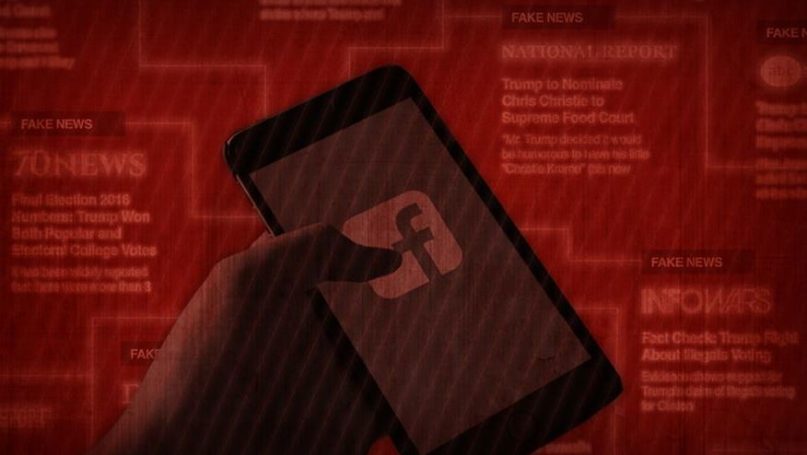
“The very concept of objective truth is fading out of the world. Lies will pass into history.” George Orwell’s premonition eerily resonates at a time when the new US administration promotes ‘alternative facts’ while the Oxford Dictionaries declares ‘post-truth’ the international word of 2016.
We also know, according to the Pew Research Center, that 30% of the US population receives and share their news on social media sites like Facebook. A recent Stanford University study at three universities further indicates that students struggle to evaluate politically motivated social media sources, online polls and tweets.
While there is nothing new or even surprising about the strange tangle of politics and spin, of half-truths and of lies, it is necessary to revisit how these currents relate to Teaching and Learning. How can teachers of World Politics help students to be critical consumers of a saturated media landscape?
Two related teaching strategies in particular are noteworthy: first, helping students to evaluate the merit of sources and especially of social media driven news feeds and related, working with students to critically discern objective facts from misinformation campaigns, conspiracy theories and outright propaganda.
Part of the solution to stem the tide of this ‘post-truth’ moment (Yes; it is a moment we can counter!) is to redouble our efforts to transmit critical media literacy skills through our lecture material and assignments. The News Literacy Project offers a valuable starting point with its “Ten Questions for Fake News Detection.” It includes questions that asks students to gauge their emotional reaction to a news story as well as to consider the quality and background of sources used: where did the information and its data originate, are multiple perspectives offered, what is the expertise and background of the author or source?
An additional strategy is to offer students with a list of fake news sites and ask them to use the above questions on any One of them to distinguish real from fake information. In short, engage your students in reflecting on their social media consumption and offer them opportunities to discuss these by centering lecture material on questions whether the US election was influenced by Russia, what conspiracy theories are and how they spread, or whether statistics from an online poll are representative.
In short, we are asked, in our role as educators, to build strong foundations for critical thinking that is equally attuned to affective and cognitive learning in these times of manufactured uncertainty.
Further Reading on E-International Relations
- Truth and Politics in the Age of Post-Truth
- The Challenges of Epistemic Communities in Shaping Policy in the Age of Post-Truth
- Defining Post-truth: Structures, Agents, and Styles
- Digital Virulence and Post-Truth in Light of Baudrillard’s Science-Fiction Theory of Pataphysics
- Beyond Post-Truth: I-War and the Desire to be an Ethical All-American
- Post-Truth and Post- Democracy: The Dark Side of the Democratic Planet